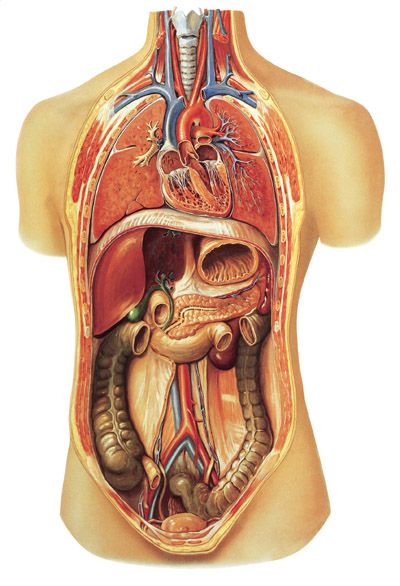
Kidney:
People can live with no kidneys, but require dialysis. In general, people with one kidney have few or no health problems, and have a normal life expectancy, according to the National Kidney Foundation.
Spleen:
The spleen filters blood and helps the body fight infections, but it’s not essential for survival. The spleen can be removed if, for instance, it’s damaged. However, people without a spleen are more prone to infections.
Stomach:
People can survive without a stomach which is been removed due to cancer or some other seious diseases. In this procedure, the small intestine is connected to the esophagus. People who’ve had a total gastrectomy receive nutrition through a vein for a few weeks while they recover. After that, they are able to eat most foods, but may need to eat smaller meals, and take dietary supplements if they have problems absorbing vitamins, according to the National Health Service of England.
Colon:
People may have their colon removed as a way to treat colon cancer or Crohn’s disease, or in some cases, to prevent colon cancer. People can live without a colon, but may need to wear a bag outside their body to collect stool. However, a surgical procedure can be performed to create a pouch in the small intestine that takes the place of the colon, and in this case, wearing a bag is not necessary, according to the Mayo Clinic.
Heart Valves:
Without heart valves, humans can survive whereas artificial valves are been used nowadays for heart valve problems.
Bladder:
You can survive if you lose your bladder — just as long as you’ve got a few bladder cells left for tissue engineers to grow you a new one.
Read More:
http://www.foxnews.com/health/2013/03/14/pope-francis-has-one-lung-what-organs-can-live-without/
http://io9.com/356738/how-many-of-your-internal-organs-can-you-live-without
http://www.pennlive.com/bodyandmind/index.ssf/2009/11/organs_we_can_live_without.html



